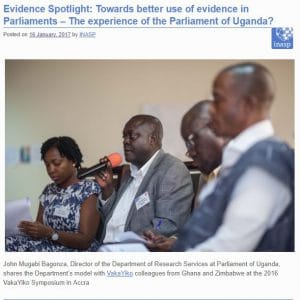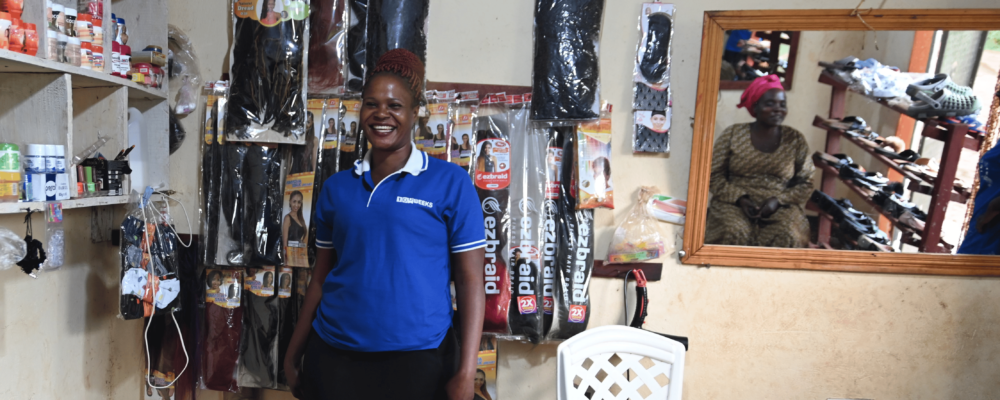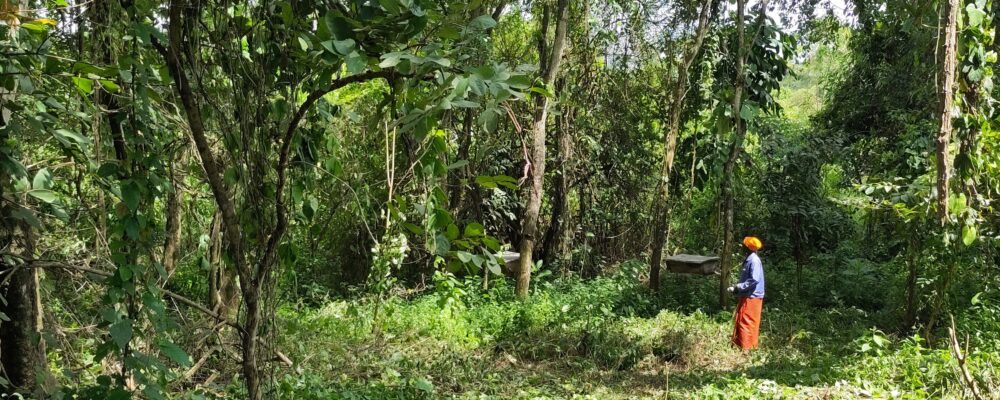
Policy highlights:
- To make decisions that serve the interests of the nation and its people, policymakers must be informed by technical advice and decisions must be based on a strong foundation of evidence and analysis.
- It is the duty of the Department of Research Services (DRS) of the Parliament of Uganda to ensure that parliamentary decisions are backed by valid, relevant and well-researched evidence. The DRS has several strategies to ensure this: 1) building the capacity of members and committees of parliament, 2) generating its own multidisciplinary evidence, 3) stimulating demand for evidence, 4) ensuring the quality of in-house research, and 5) building strong systems to support evidence generation and use.
- Based on this study, it is necessary to: 1) increase the number of staff in order to enhance capacity, 2) generate sufficient demand for evidence while balancing this with pro-active research on topical issues, 3) provide training to researchers to ensure the quality of research outputs, and 4) build strong systems to support increased supply and demand for evidence in the parliament’s legislative, representative and oversight functions.
- The latter can be done by: 1) using research guidelines and manuals to support the mandate, 2) developing a website and workflow system to share products internally and externally, and 3) finalizing collaborative arrangements with key research institutions and think tanks to create a pathway for findings be used in the policy arena






